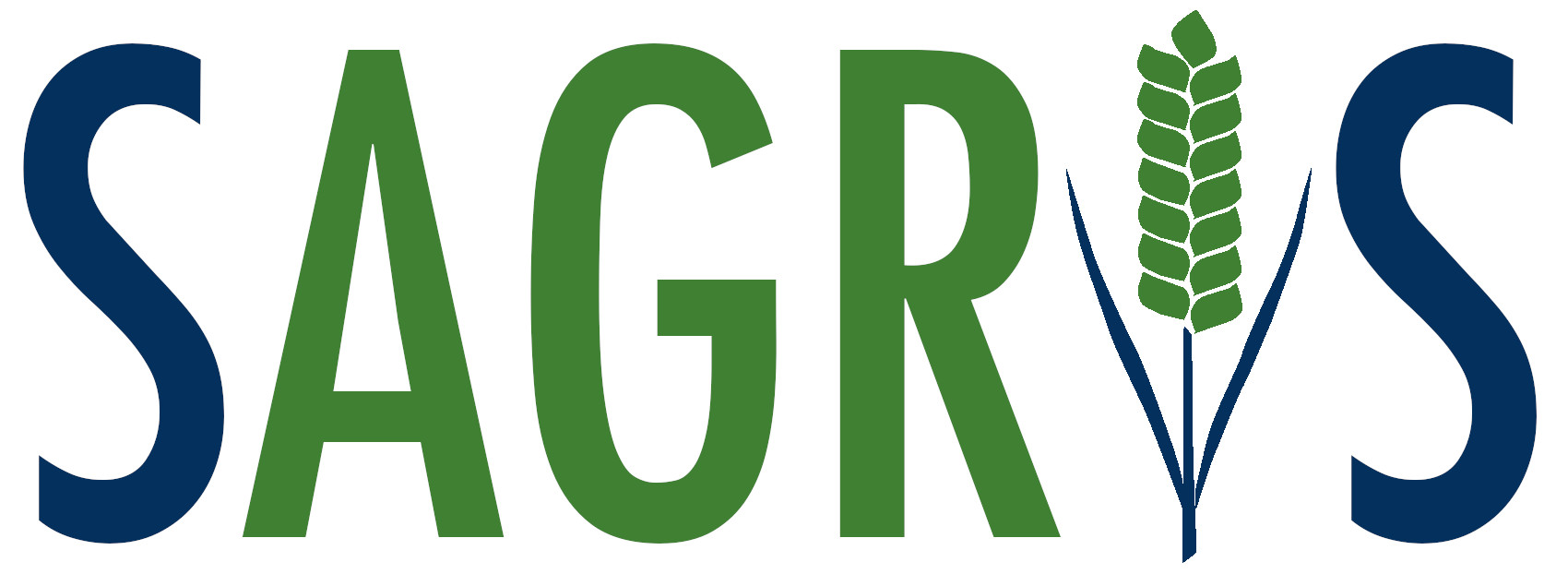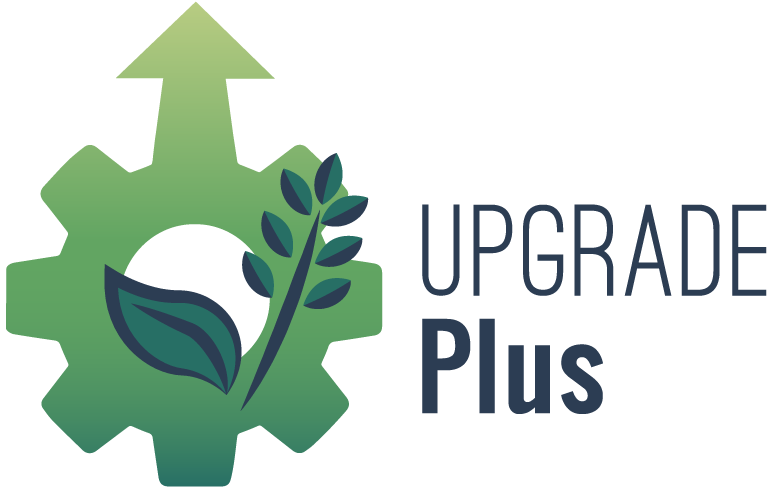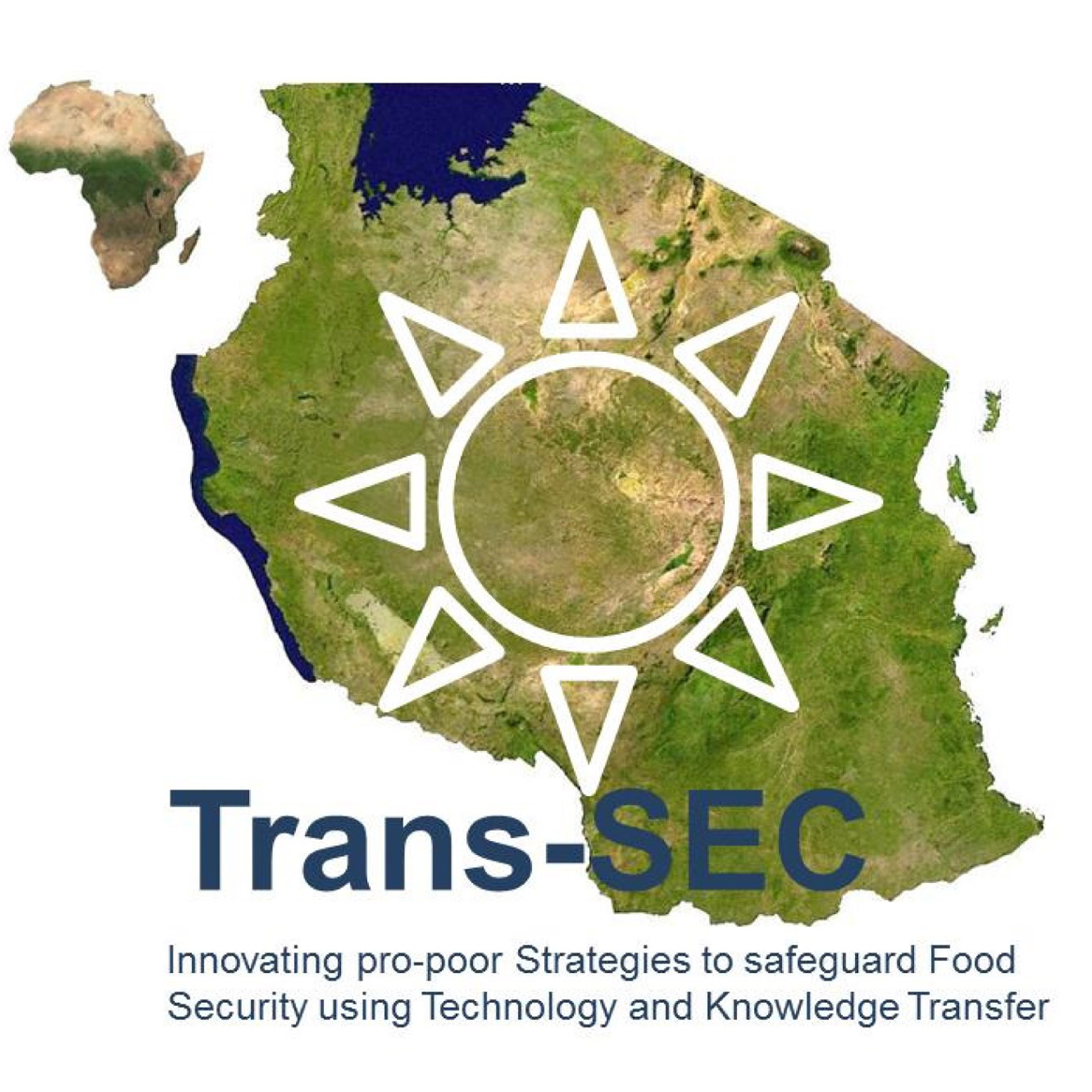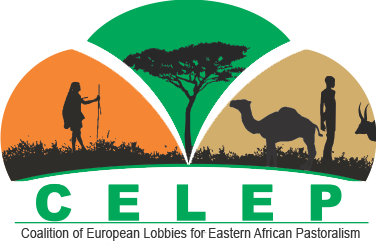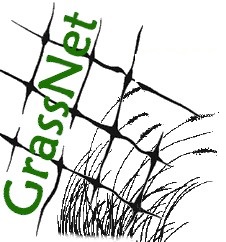
In 2011, a participatory monitoring and evaluation (PM&E) system was installed in the CBOs in Mozambique. The objective of the development and implementation of a PM&E system was to increase the active-learning possibilities of the CBO members for improving their livelihood strategies and the sustainability of the system (Restrepo, 2011).

For the goat keeping activity, a set of indicators for monitoring and evaluation was developed with the group members of Mabomo. After the development and implementation of the PM&E, the monitoring and evaluation system was institutionalized in the CBO. The CBO members took over the PM&E process, continued collecting and analyzing information by themselves, and developed a monitoring scheme for the pig rearing activity (Restrepo, 2011).

The PM&E system permitted the CBO members to learn (Restrepo, 2011)
(1) From the PM&E process:
Group members gained experience in the iterative cycles of exploration, analysis, decision making, action and reflection. This learning finally led to empowerment of the group members. In the CBOs, learning from the process can be seen by:
- Enhanced and fortified skills of CBO members to plan, implement, and follow a PM&E system (single-loop learning)
- Awareness of the importance of meetings and decision-making process, which in turn enhanced transparency and accountability (single-loop learning)
- Improvement in management skills (single-loop learning)
- Awareness of the importance of collective action (single-loop learning) and a change in the CBO governance to plan and implement collective action (triple-loop learning)
- Awareness of the importance of having plans (single-loop learning) and collectively establishing and implementing plans so that all members benefit (triple-loop learning)
- Establishing and implementing activities with short-term and long-term benefits (triple-loop learning) to maintain motivation among members.
(2) From the PM&E findings:
About the outcome of the community-based activities implemented in the frame of the project, allowing the identification of possible improvement options
- Systematization, analysis and reflection of innovative livestock management practices, which enhances the construction of new contextualized knowledge (second-loop learning)
Some comments from the CBO members are:
- “In the CBO we can join our ideas and we can learn things that would be difficult to learn alone. So we are using the CBO to learn together.” (Eduardo)
- “I have learnt that together we can make great things that can't be done by one person individually. For example, because we are a CBO we were able to have money, but alone, we will not have been able to have the money.” (Frazao)
- “ The PM&E system has good information, because form it we can control the activity and to be aware if something is not working right to improve it.” (Andre)
- “We learnt to do thing in practice and in thinking. We have been planning and doing and that’s the most important thing I have learnt.” (Maria)
- “I learned about pigs, because before I didn't knew that they could be keep in corrals. I think here in the village everyone is going to learn about this, and they are going to be admired.” (Cristina)

The PM&E system promoted learning among and empowerment of the CBO members, which in turn created opportunities for consensus building, collective decision-making and action. At the same time, the PM&E process introduced a motivational aspect that acted as a positive feedback to community-based activities. It motivated the community to continue with their activities and the PM&E system itself. The collection and dissemination of the PM&E information within the CBO and also between the CBOs, e.g. during the member-to-member exchange (Levy 2011) strengthened the decision-making processes, which in turn enhances community-based activities in the villages, showing that group members were facilitated to enter a learning cycle.
The implementation of promising strategies in a CBO supported moving from single to double and triple-loop learning, which proved to be important in increasing the adaptive capacity in a continued process of learning and development (Restrepo, 2011).
Restrepo, M. (2011). Assessment of community based activities through the implementation of a participatory monitoring and evaluation system. Master thesis. University of Goettingen and University of Kassel, conducted in the German Institute of Tropical and Subtropical Agriculture (DITSL, Witzenhausen)
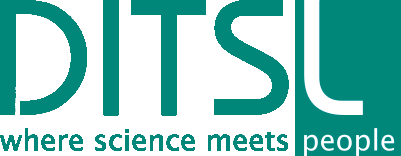





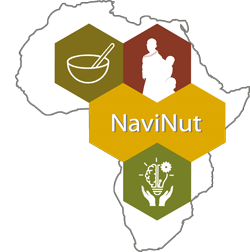 NaviNut
NaviNut